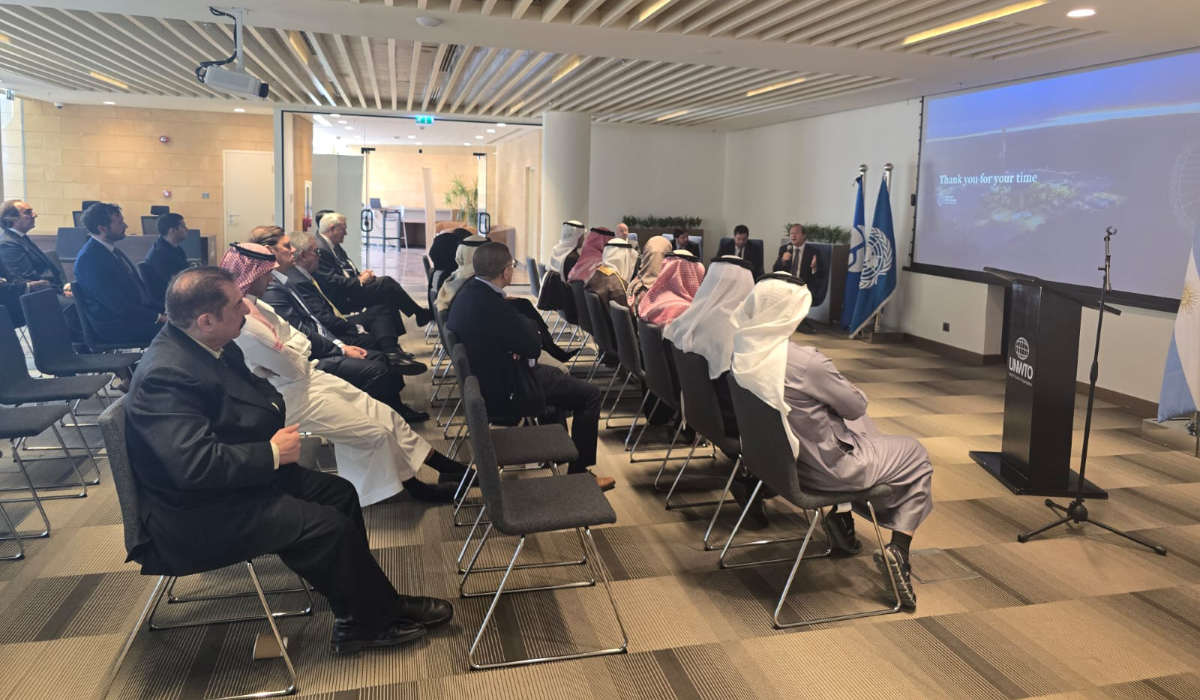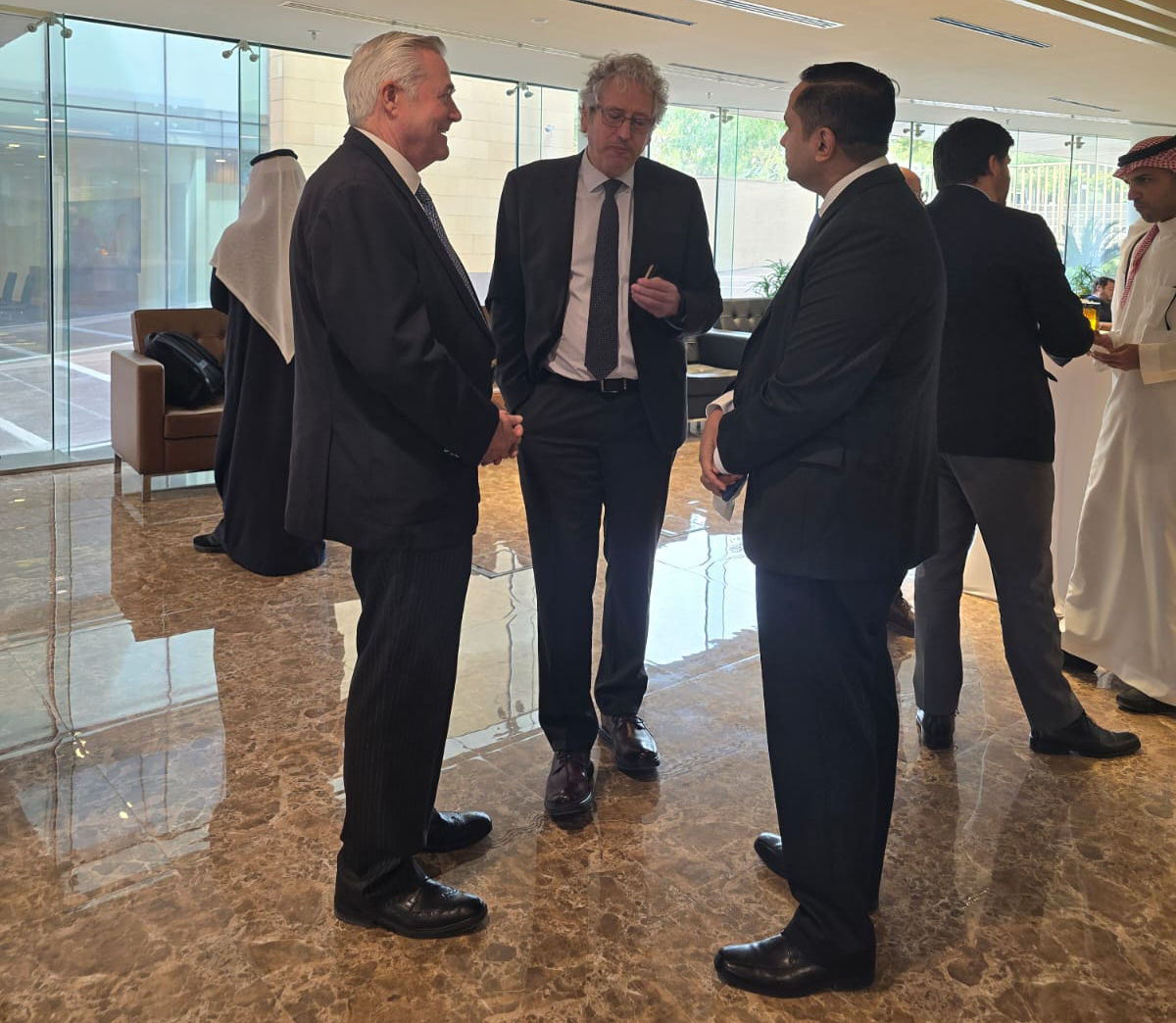RIYADH: The Saudi-Yemeni Business Council has announced six key initiatives aimed at enhancing trade and investment ties between Saudi Arabia and Yemen, while also supporting Yemen’s ongoing economic development.
The initiatives were unveiled during a joint council meeting held in Makkah on Sunday, attended by over 300 Saudi and Yemeni investors, according to Al-Ekhbariya.
Abdullah bin Mahfouz, chairman of the Saudi-Yemeni Business Council, which is part of the Federation of Saudi Chambers, disclosed that agreements had been made to establish three new Saudi-Yemeni companies.
The first company will focus on renewable energy, with an initial capital investment of $100 million, to generate solar-powered electricity for Yemen.
The second venture will operate in telecommunications, utilizing Starlink satellite networks. The third company will organize exhibitions and conferences in Yemen to promote Saudi products and support the country’s reconstruction efforts, as reported by the Saudi state-owned channel.
In addition to these initiatives, the council has proposed upgrading the infrastructure at border crossings between the two countries, improving logistics services to facilitate smoother trade.
The trade volume between Saudi Arabia and Yemen currently stands at SR6.3 billion ($1.6 billion), with Yemeni imports from Saudi Arabia accounting for just SR655 million. However, sectors such as mining, agriculture, livestock, and fisheries in Yemen remain largely underdeveloped and present significant growth opportunities.
Among the key recommendations is the establishment of quarantine centers to inspect Yemeni livestock, agricultural products, and seafood, aimed at increasing Yemen’s exports to Saudi Arabia. There are also plans to create “smart food cities” in border regions to bolster food security and promote sustainable agricultural practices through advanced resource management and technology.
Addressing banking and credit challenges is another priority. The council has called for improvements to Yemen’s banking infrastructure, including better collaboration with Saudi banks and the development of Yemen’s exchange sector, to facilitate smoother financial transactions for traders from both countries.
A significant proposal also includes the creation of a Yemeni Investors Club in Saudi Arabia, designed to encourage joint investments and foster business partnerships between the two nations.
Abdulmajid Al-Saadi, co-chairman of the Yemeni Business Council, commended Saudi Arabia’s recent reforms in investment regulations, highlighting that Yemeni capital, estimated at SR18 billion, has increasingly been channeled into Saudi markets. This places Yemen third among foreign investors in the Kingdom.
For over 23 years, the Saudi-Yemeni Business Council has played a pivotal role in fostering economic relations between the two countries, organizing forums, identifying trade and investment opportunities, and promoting bilateral business exchanges. The targeted sectors for cooperation include renewable energy, agriculture, livestock, telecommunications, and trade development, in line with regional and global food security challenges.
In 2023, trade between Saudi Arabia and Yemen amounted to SR6.2 billion, with Saudi exports totaling SR5.6 billion, which included dairy products, fuels, and vegetables. Yemeni imports from Saudi Arabia reached SR661.9 million, consisting of fruits, seafood, and printed materials.
Saudi Arabia has provided significant financial support to Yemen over the past few decades, including over $50 billion in funding for central bank deposits, government budgets, and development projects.





























